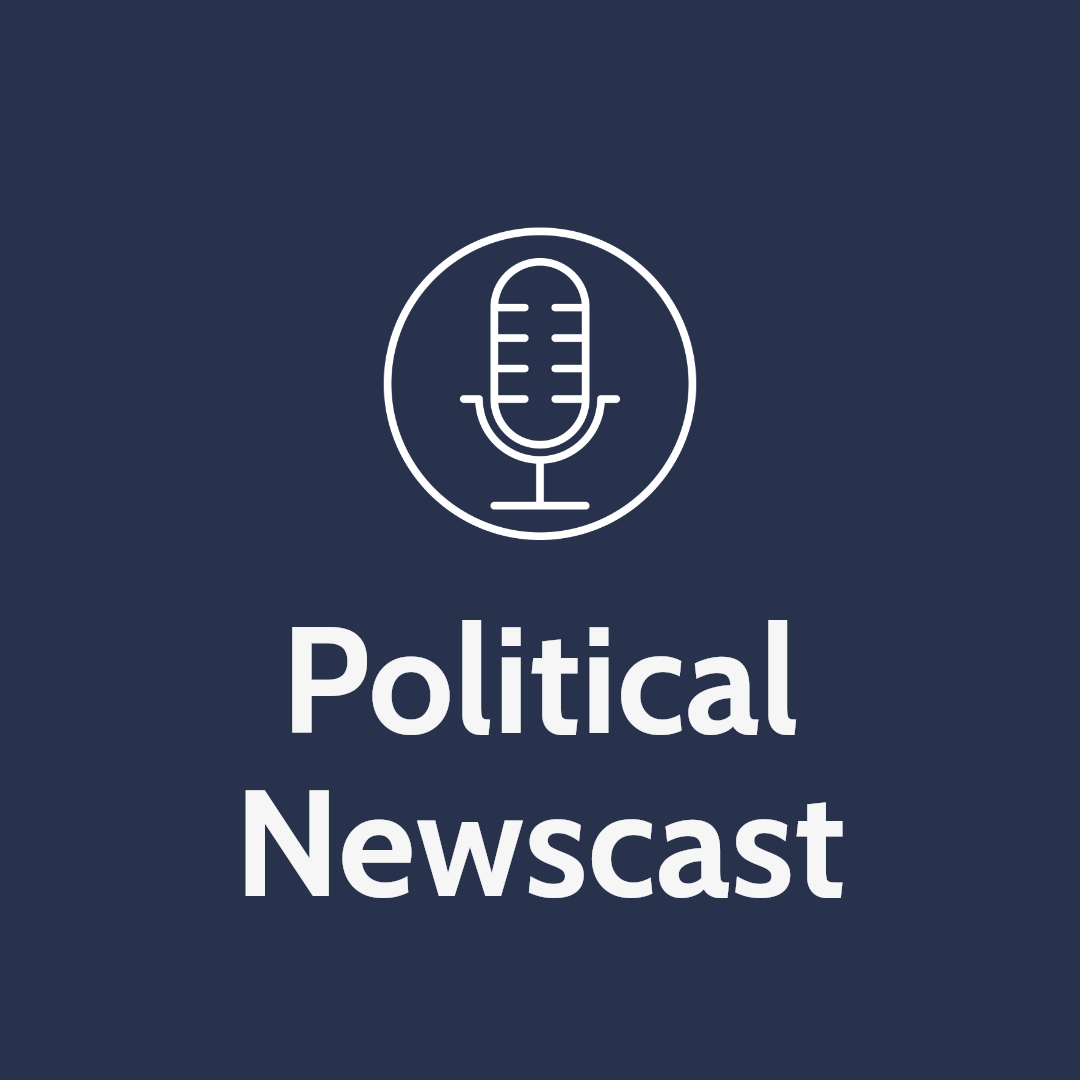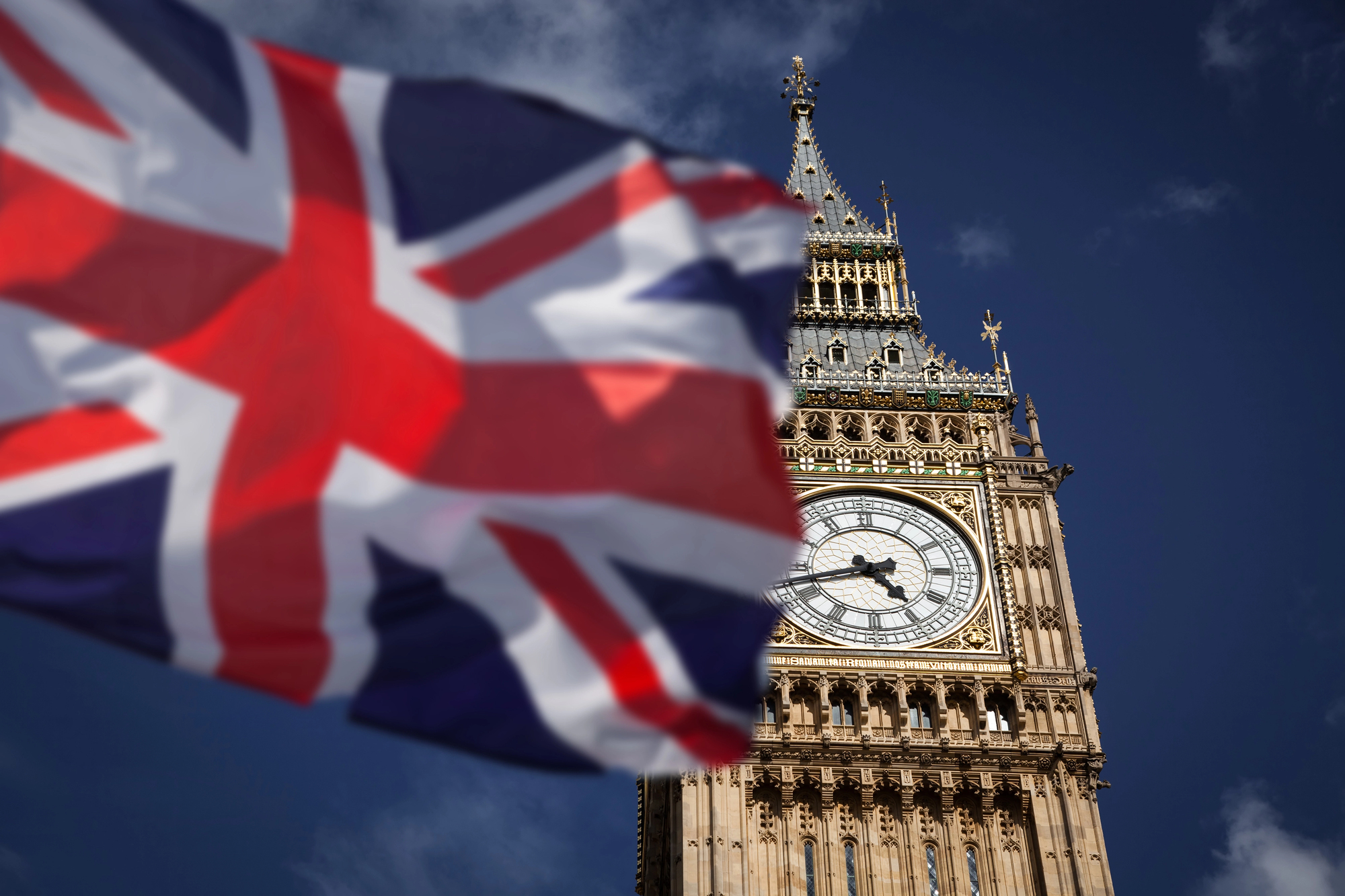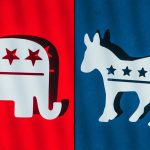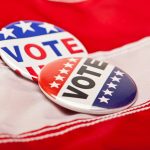Why is politics important? Politics shapes every aspect of human life, from health care policies that determine access to medical services, to education laws that impact what children learn in schools. Understanding politics empowers individuals to know their rights, engage meaningfully in democratic processes, and make informed voting decisions.
Politics affects nearly every aspect of daily life, making political awareness essential for all citizens regardless of their background or interests.
Political education helps people clarify their own beliefs and values while developing critical thinking skills about societal issues. When people understand political systems and current events, they can better advocate for themselves and their communities. This knowledge also helps citizens hold elected officials accountable and participate in creating positive change within their societies.
1) Politics helps individuals understand their rights and responsibilities
Politics gives people the knowledge to grasp their fundamental rights in society. By engaging with political systems, citizens learn what freedoms they’re entitled to and how these rights are protected by law.
Understanding politics allows individuals to recognize when their rights might be threatened. This awareness is crucial for maintaining personal freedoms and advocating for oneself when necessary.
Political education also clarifies the responsibilities that come with citizenship. Voting, jury duty, paying taxes, and following laws are all part of the citizen’s role in a functioning society.
Many people mistakenly believe they have no real voice in governance. Political engagement shows citizens they can influence decisions through voting, petitioning, and other forms of civic participation.
Rights awareness varies significantly across different communities. Those with better political knowledge tend to be more effective at protecting their interests and exercising their full rights as citizens.
Learning about politics helps people distinguish between accurate information and political manipulation. This critical thinking skill protects individuals from being misled by those seeking power through false promises.
2) Political decisions directly impact daily life, including healthcare and education
Political decisions affect almost every aspect of our daily lives. From the moment we wake up to when we go to sleep, government policies shape our experiences.
Healthcare access is directly tied to political choices. Government healthcare policies drive public health initiatives and determine what medical services are available to citizens. When politicians vote on healthcare legislation, they influence who gets coverage and at what cost.
Education quality varies based on political priorities. Funding decisions made by elected officials determine class sizes, teacher salaries, and available resources in schools. These choices create either opportunities or barriers for students.
Transportation systems, housing affordability, and even the quality of air we breathe connect to political decisions. When governments invest in public transit or create housing policies, they shape how people live and move around communities.
Income levels also feel the impact of political choices. Tax policies, minimum wage laws, and social safety net programs all stem from political decisions that affect financial stability for families.
Politics isn’t abstract – it’s practical. The choices made in government buildings translate into real-world consequences for everyday people.
3) Studying politics develops critical thinking and analytical skills
Studying politics sharpens critical thinking abilities by requiring students to evaluate complex arguments and perspectives. Those who engage with political discussions learn to analyze information carefully, question assumptions, and consider multiple viewpoints before forming conclusions.
Politics often presents conflicting theories and interpretations of events, forcing students to weigh evidence and distinguish between fact and opinion. This analytical process helps develop logical reasoning skills that transfer to many other areas of life and work.
Students of politics become adept at spotting logical fallacies and biases in arguments. They learn to recognize when emotional appeals are being used instead of factual evidence, a skill that proves valuable in an age of information overload.
Political study encourages the examination of cause-effect relationships in social systems. By analyzing how policies impact different groups and institutions, students develop a deeper understanding of how societies function.
The ability to synthesize information from various sources is another benefit of political education. Students must often draw connections between historical events, economic factors, and social movements to fully understand political phenomena.
4) Being informed about politics enables responsible voting
Voting is a right that empowers citizens to shape government policies and elect officials who represent their interests. Without proper information, voters cast ballots based on incomplete knowledge, which can lead to choices that don’t align with their values or needs.
Political awareness helps voters understand candidates’ positions on key issues and their track records in public service. This knowledge allows for comparison between different options on the ballot and supports making choices that truly reflect personal priorities.
Local elections can be decided by just a handful of votes. When people take time to research candidates and issues, they make more thoughtful decisions at the polls. This careful consideration strengthens democracy by elevating candidates who best represent community interests.
Being politically informed also helps voters recognize misleading campaign messages and fact-check claims made during debates. Media literacy becomes an important skill when sorting through political advertisements and news coverage.
Regular engagement with political information creates more consistent voters who participate in both major and local elections. This consistent participation leads to governments that better reflect the actual makeup and desires of the community.
5) Politics ensures social order and the promotion of public welfare
Politics plays a vital role in maintaining social order by creating and enforcing laws that govern behavior within society. Police officers and other authorities help keep peace through political systems designed to address conflicts before they escalate into chaos.
Political participation allows citizens to express their opinions on how society should function. This participation helps shape policies that protect vulnerable groups and create safety nets for those in need.
Through political processes, communities decide how to allocate resources for public welfare. These decisions determine funding for essential services like healthcare, education, and infrastructure that benefit the general population.
Political systems establish frameworks for addressing societal challenges such as poverty, inequality, and public health crises. Without these systems, coordinating large-scale responses to community needs would be nearly impossible.
Effective political structures provide stability that allows businesses and individuals to plan for the future. This stability forms the foundation for economic growth and social development that improves quality of life across society.
How Politics Shapes Societies
Politics functions as a key driver of societal development through its influence on laws, governance structures, and social dynamics. Political decisions affect everything from economic policies to individual rights, creating frameworks that guide how communities function.
Influence on Laws and Policies
Political systems create the legal frameworks that govern daily life. Elected officials and appointed representatives draft, debate, and implement laws that address public needs and concerns. These laws shape business regulations, public safety measures, and individual rights protection.
Different political ideologies lead to varied policy approaches. Conservative governments might focus on traditional values and free markets, while progressive ones often emphasize social programs and equality measures. These policy differences directly impact citizens’ lives through tax rates, healthcare access, and educational opportunities.
Politics also determines resource allocation priorities. Government budgets reflect political values, deciding which sectors receive funding and which programs get cut. A community’s infrastructure quality, public services availability, and social support systems all stem from political decisions about resource distribution.
Impact on Social Justice
Political decisions significantly affect marginalized communities and social equality. Voting rights legislation, anti-discrimination laws, and social welfare programs develop through political processes that can either advance or hinder equal treatment.
Historical political movements have driven major social justice advances. Civil rights movements, women’s suffrage campaigns, and labor rights advocacy all achieved progress through political channels. These efforts changed laws and shifted public attitudes about fairness and inclusion.
Politics shapes how societies address structural inequalities. Policy choices about minimum wage, affordable housing, and educational access all impact economic opportunity distribution. Political debates about these issues reflect competing views on fairness, opportunity, and government responsibility.
Political representation itself affects social justice outcomes. When diverse voices participate in political processes, policies tend to address broader community needs. Conversely, political systems that exclude certain groups often produce policies that maintain existing power imbalances.
The Role of Political Participation
Political participation forms the backbone of functioning democracies and creates pathways for citizens to influence government decisions. Through various forms of engagement, from voting to advocacy, people can shape policies that affect their daily lives.
Strengthening Democratic Institutions
Political participation directly reinforces democratic systems by creating accountability between citizens and elected officials. When people vote, contact representatives, or join political organizations, they provide feedback that helps governments remain responsive to public needs.
Participation also balances power across society by giving voice to diverse populations. Research shows that democracies function better when participation rates are higher and more representative of the full population.
Elections serve as the most visible form of participation, allowing citizens to select leaders who represent their interests. However, between elections, other activities like attending town halls, signing petitions, or engaging in peaceful protests help maintain ongoing democratic accountability.
Without active citizen involvement, democratic institutions risk becoming disconnected from the people they serve. Regular participation helps prevent power concentration and reduces the chance of government overreach.
Encouraging Civic Responsibility
Political participation fosters a sense of ownership in community and national affairs. When people engage politically, they develop stronger connections to their communities and greater investment in societal outcomes.
Participation also builds civic knowledge and skills. Those who participate learn about government processes, policy issues, and effective advocacy methods. This knowledge helps citizens better understand how decisions affect them and how they can influence those decisions.
Community-based participation, such as attending local meetings or volunteering for campaigns, strengthens social bonds. These activities create networks where people share information, develop trust, and work together on common goals.
Political engagement often leads to broader civic involvement. People who participate politically are more likely to volunteer for community projects, join neighborhood associations, and support local initiatives.
Through participation, citizens come to see themselves as active contributors rather than passive subjects. This mindset shift promotes greater social cohesion and collective problem-solving across communities.





